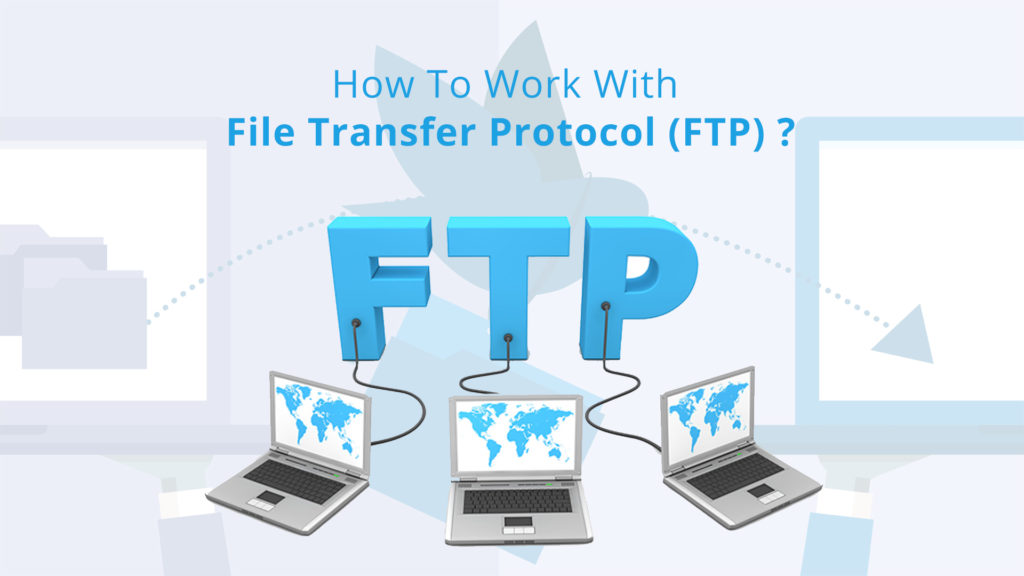According to the 2023 statistics, more than 70% of companies have implemented ERP (Enterprise Resource Planning) software and 53% of them have already noticed a positive ROI due to the effective digital transformation. What makes such software so attractive for businesses, and how can you get the best ERP for manufacturing? Read this article to find the answers to these questions.
Table of Contents
ERP Features for Manufacturing Process Optimization
Some of the features are offered by the majority of software products, while there is also unique functionality that is supported only by certain ERP systems. Below is a list of manufacturing process optimization features found in leading application suites such as Microsoft Dynamics 365 Finance and Supply Chain Management (FSCM).
1. High automation
Automation is one of the most essential features of ERP systems that enable significant optimization of manufacturing processes. Automation considerably reduces manual work, which in turn improves the accuracy of the completed tasks and saves a lot of company resources.
Here are some of the tasks that can be automated with Microsoft Dynamics 365 FSCM.
- Invoicing;
- Analytics and reporting;
- Production and material requirements planning;
- Cost management;
- Shop floor control;
- Supply chain management;
- Quality control.
2. Artificial Intelligence
Although AI is not yet included in all ERP suites available on the market, it is gradually becoming a standard for these types of software products, as artificial intelligence can significantly increase the competitiveness of manufacturing companies on the market. Companies generate an enormous amount of data every day that is impossible for humans to process accurately to gain valuable insights into business performance.
Meanwhile, machine learning algorithms are capable of handling millions of data sets that are processed to find hidden trends and make predictions for data-driven decisions. With AI, analytics is moving beyond traditional statistics to support procurement, production, warehousing, transportation, and many other areas of operations performed by manufacturing companies.
3. Flexibility
The best ERP for manufacturing companies provides them with a high degree of flexibility when it comes to the range of software features, including the licensing plan, the accessibility of the software, and the form of deployment.
Microsoft FSCM is a great example of such a software suite. It is one of the few ERP systems that can be deployed either on-premises or in the cloud.
Although the first option is becoming less popular, there are still companies that value the enhanced control over locally stored data and the ease of customizing on-premises ERP solutions. At the same time, Microsoft Dynamics 365 FSCM can be implemented as cloud software that does not require the setup and maintenance of advanced infrastructure and can be accessed from mobile devices. The portability offered to the users of cloud FSCM is especially useful for manufacturing companies where employees need to move frequently between the office, production floor, and warehouses.
As mentioned earlier, a flexible licensing plan is another feature that can streamline the work of manufacturing companies. FSCM allows companies to easily change the number of users and the amount of functionality they can use, which allows companies to tailor licensing costs to the actual needs. In addition, Microsoft Dynamics 365 FSCM offers flexibility in choosing the modules available for this system and can even be integrated with CRM applications.
4. Data Safety and Security
A high level of data security further optimizes workflows by ensuring that business information is only available to employees who need it to perform their jobs. This can effectively reduce the likelihood of data breaches that can severely disrupt a company’s performance. Flexibility in customizing the number of users of the FSCM system and their access to the software features described above is aimed not only at optimizing licensing costs but also at ensuring adequate security.
At the same time, powerful backup features available to users of advanced cloud ERP systems ensure that disruptions are avoided by securing the accessibility of data that will not be permanently lost in the event of accidental or intentional removal or other incidents and natural disasters.
How to Choose the Best ERP System for Manufacturing?
The best ERP for manufacturing companies provides complex support for a wide range of business tasks. It streamlines processes and ensures their consistency and compliance with company standards. However, because every business is different, ERP implementation needs and requirements can vary widely from company to company. For this reason, there is no single solution that is ideal for every manufacturing business.
To make the best choice, you need to thoroughly evaluate your company’s business needs, as well as its financial and organizational capabilities. Evaluate the areas that can be improved by the deployment of an ERP system and specify your goal for the implementation project. Make sure you have realistic expectations for the implementation.
With this preparation, you will be ready to research ERP software products. Keep in mind that working with ERP implementation service providers like XPLUS, who specialize in Microsoft Dynamics 365 FSCM implementation, can significantly speed up the process, increase its accuracy, and help you considerably reduce costs.
The Bottom Line
The most advanced ERP software suites are comprehensive solutions that can effectively optimize various business processes and areas of your company. High levels of automation, artificial intelligence, deployment, licensing flexibility, and security are some of the key features enhancing the functionality of the best ERP systems for manufacturing companies.
However, when choosing the appropriate solution, you should analyze the exact requirements of your business. The financial capabilities of the company should also be taken into consideration.

